- High-quality development is not only the theme of China, but also the direction of global economic cooperation
- During the pandemic, China played a key role in boosting confidence in world economic recovery by relying on the world's most complete and largest industrial system
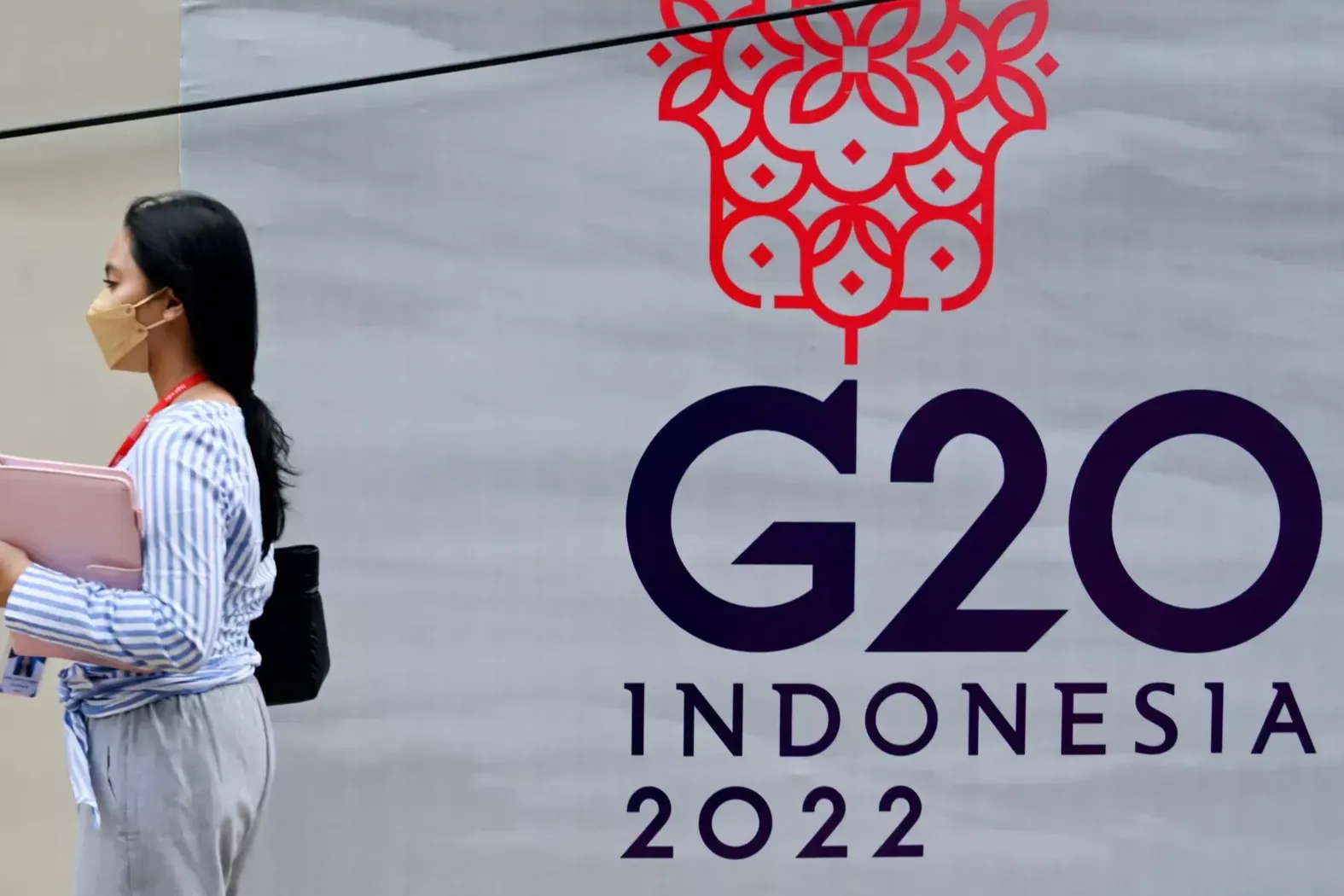
It is also the first time for a Chinese head of state to attend an international multilateral diplomatic occasion after the Party's 20th National Congress, which is highly anticipated by all parties.
Against the backdrop of accelerating changes in the past century, repeated delays in COVID-19, setbacks in world economic recovery and challenges in global development, the theme of this summit has been chosen as "Common Recovery and Strong Recovery", which expresses the common aspiration of all countries.
In fact, to achieve the goal of "common recovery and strong recovery", we not only need the world to join hands and abandon the Cold War mentality, but also need the power of China in global economic governance.
Global recovery faces huge challenges
On October 11, 2022, the International Monetary Fund (IMF) released the latest World Economic Outlook report. Although it maintained the global economic growth forecast of 3.2% in July after three consecutive downgrades of the global economic growth forecast, it lowered the Asian economic growth forecast for the fourth time, from 4.6% in July to 4.4%.
"The worst is yet to come for the world economy and conditions are likely to worsen significantly in 2023," the report said. The IMF cut its forecast for global growth in 2023 to 2.7 per cent from 2.9 per cent earlier and said "a third of the world economy is likely to shrink next year". The stalling of the global economic recovery has become the biggest problem facing us.
Coupled with this, global economic governance is out of order. In 2008, at the critical moment of the international financial crisis, the G20 was entrusted with the spirit of solidarity and partnership to bring the world economy back to the track of stability and recovery from the precipice, thus establishing the G20's important role in global economic governance.
However, some countries are pursuing a Cold War mentality, forming cliques and pursuing a zero-sum game. They often identify their strategic rivals for strategic competition and seek to engage in "small walls" and "camp confrontation".
In particular, there is a lack of coordination in the monetary policies of some major economies, and the "sharp turn" has produced serious negative spillover effects. Global inflation is high, energy and food prices are rising, and the WTO based trade multilateralism mechanism and global economic governance based on the G20 are facing challenges of disorder.
In recent years, against the backdrop of the protracted COVID-19 pandemic and the uneven and unstable recovery of the world economy, geopolitical conflicts and political turbulence are on the rise across the globe, global poverty reduction over the past decade has been wiped out, and the human Development Index has dropped for the first time in 30 years.
According to a UN report, due to COVID-19 and other factors, the number of people living in extreme poverty in the world rose from 812 million in 2019 to 889 million in 2021, with most of them in sub-Saharan Africa and South Asia, challenging the Sustainable Development Goals of the UN 2030 Agenda with poverty reduction and food security at its core. The resulting imbalance in global sustainable development calls for high attention from all countries.
A shared recovery requires a joint response
At present, major industrial and supply chains in the world have been subjected to artificial disruptions, commodity prices are high and volatile, global inflation remains high, international financial markets remain volatile, and the momentum of world economic recovery is weakening.
In the face of such global economic difficulties, to achieve the goal of "common recovery", we must work together in times of difficulty, work together to meet the challenges of stormy seas. This requires, above all, a shared commitment to genuine multilateralism.
We should not only uphold the international system and multilateralism with the United Nations at its core, but also respect and support other countries in pursuing development paths suited to their national conditions, effectively increase the representation and voice of emerging markets and developing countries in international affairs and global economic governance, and work together to uphold world peace and stability. We will promote balanced, coordinated and inclusive global development. To this end, all parties need to work together to consolidate the central role of the G20 in global economic governance.
At present, the multi-polar world is showing a new situation of "one superpower weakening" and "multi-strength divergence". The collective rise of emerging countries, represented by the BRICS countries, has changed the pattern of global economic governance dominated by developed countries.
The G20 has become the premier forum for international economic cooperation. It consists of 19 countries and the European Union with a total of 20 parties, bringing together major developed economies and emerging market economies. G20 members account for two thirds of the world's population, 55 percent of its land area, 86 percent of its GDP and 75 percent of its trade. They play a decisive role in global economic governance.
At the same time, we should stick to the general direction of an open world economy. This is not only an important experience for the G20 to overcome the international financial crisis, but also an important way to boost world economic growth in the face of the huge "wave of return" from globalization.
A strong recovery needs China's power
At the same time, China has made its own contribution to global economic recovery with concrete actions. In 2021, China's economic aggregate reached 114.4 trillion yuan, ranking second in the world and contributing around 25 percent to global growth. China has become the most important force leading the world economic recovery. In 2022, the global economic recovery will be more complicated, and a strong China is needed to achieve a "strong recovery".
Development is the common task and greatest common denominator of all countries in the world. Against the backdrop of COVID-19 and geopolitical conflicts, poverty reduction and food security have become the most urgent and priority tasks for human society.
Over the past year, the number of countries and international organizations supporting the Global Development Initiative has increased to more than 100, and the Group of Friends of the Global Development Initiative, established at the UN platform, has grown to more than 60 members, a strong consensus on promoting common development in the world.
During the pandemic, China, relying on the world's most complete and largest industrial system, improved supporting capacity and a very large market, took a series of measures to unblock logistics, strengthen the connection between supply and demand, stimulate the vitality of market players, and stabilize its own industrial and supply chains. This has not only provided important materials for the global epidemic control, but also played a key role in boosting confidence in world economic recovery.
During the epidemic prevention and control period, the safe and efficient China-Europe freight trains bucked the trend. In 2021, 15,183 freight trains were launched between China and Europe, an increase of 22 percent year on year, and the volume and cargo volume reached a record high. They have become a "passage of life" and a "link of destiny" for the world amid the pandemic, providing a solid guarantee for the stability of global industrial and supply chains and a strong driving force for global economic recovery. In the future, China will continue to drive the strong recovery of the world economy through high-quality development.
High-quality development is not only the theme of China's economic development, but also the direction of global economic cooperation. In the future, countries should take high-quality development as the backdrop for global economic development in the post-COVID-19 era and comprehensively advance the UN 2030 Agenda for Sustainable Development. At the same time, we should give priority to ecology, adhere to the principle of common but differentiated responsibilities, step up cooperation on green and environmental technologies, promote the establishment of a green, low-carbon and circular economy, and help achieve higher quality and more resilient growth.
At present, changes in the world, times and history are unfolding in an unprecedented way. The world is once again at the crossroads of history, and the choice of where to go depends on the choices of the people of all countries.
The practice of global economic governance has proved that mankind lives in the same global village, and countries are on the same ship with a shared future. In the face of pressing global economic challenges, we must work together, strengthen solidarity and cooperation, and follow the trend of our times for peace, development and win-win cooperation. Only in this way can we sail through stormy seas, usher in a bright future and truly realize the goal of "common and strong recovery". Editor/Xu Shengpeng
Comment
 Praise
Praise
 Collect
Collect
 Comment
Comment
 Search
Search



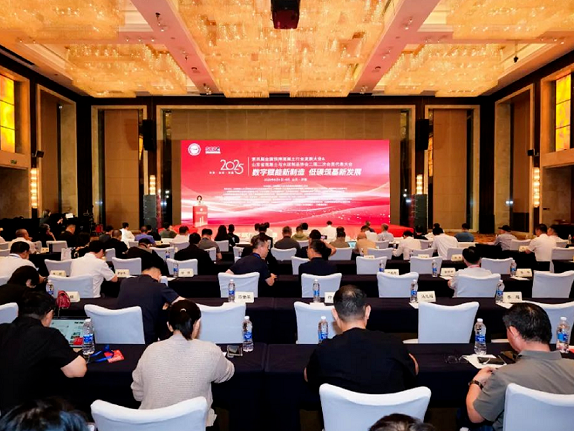
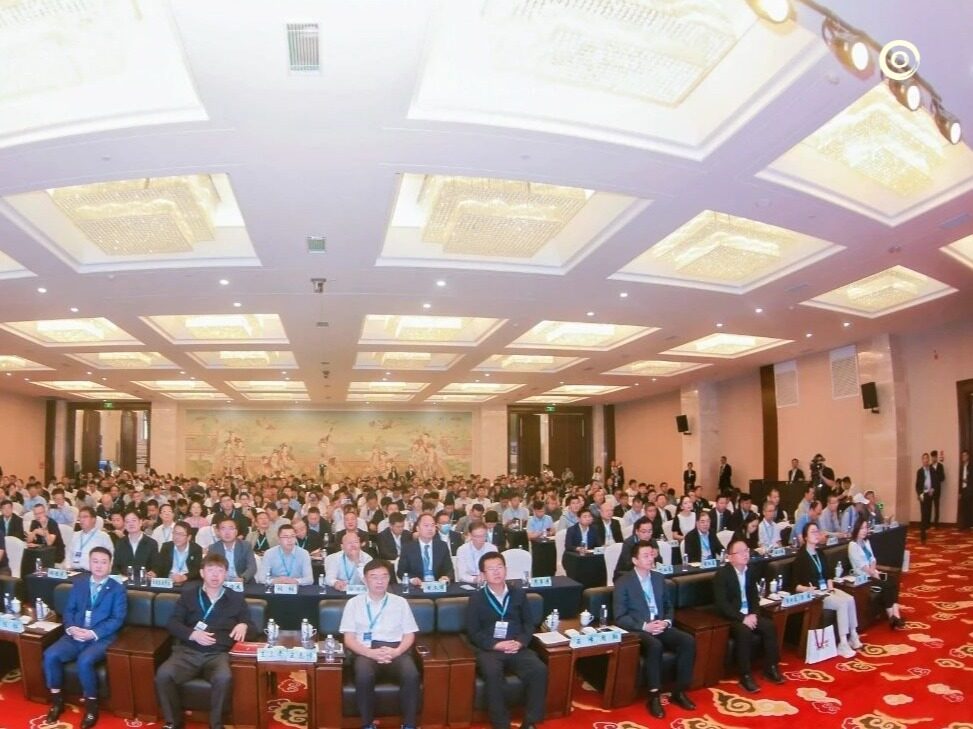
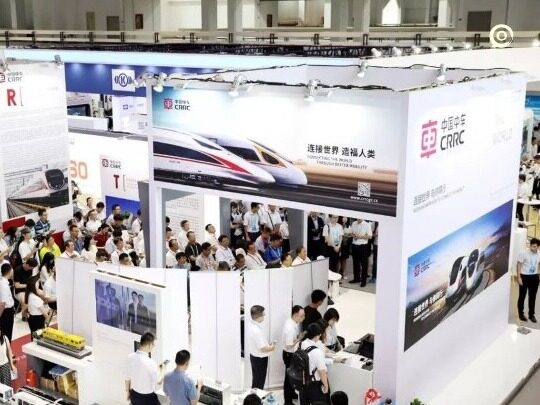
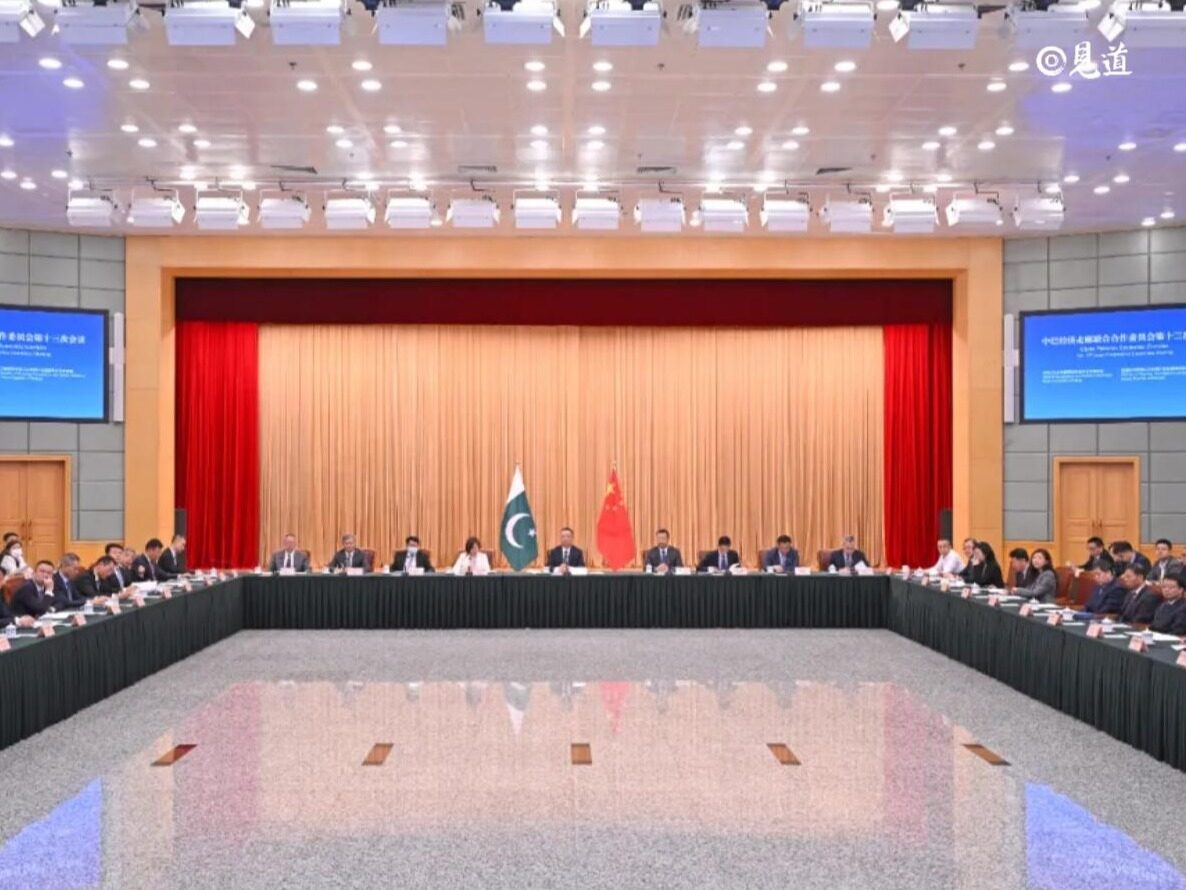
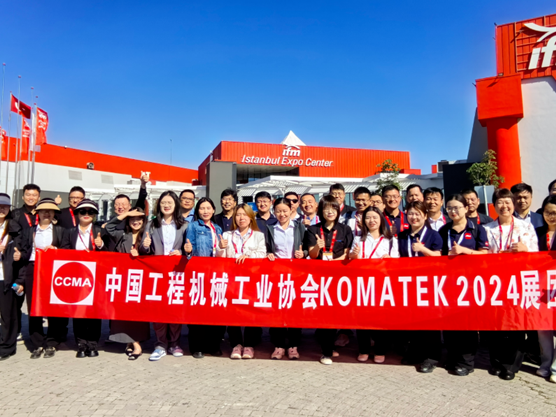






Write something~